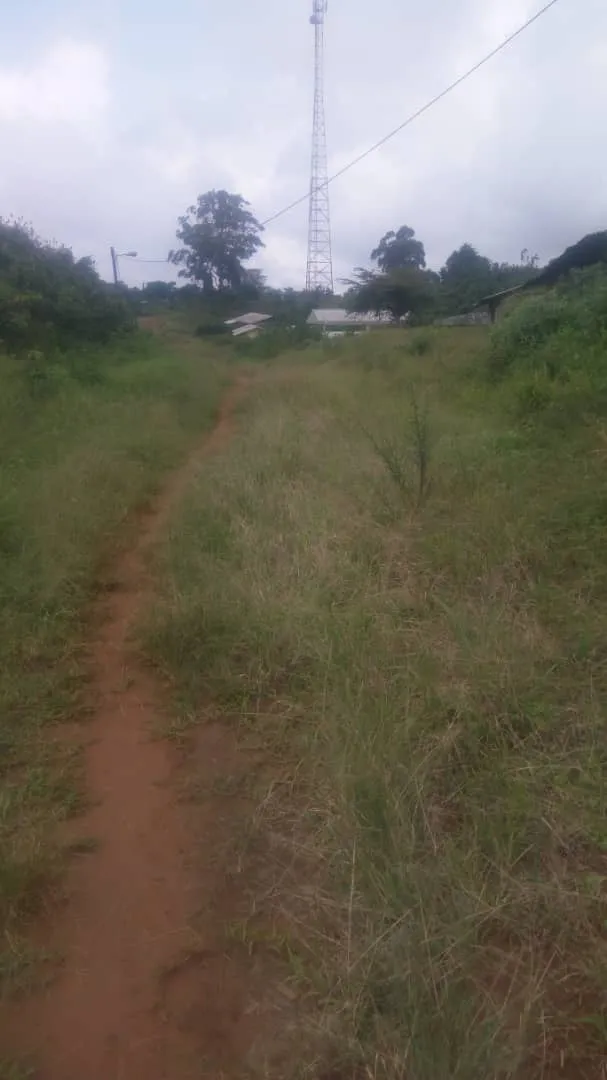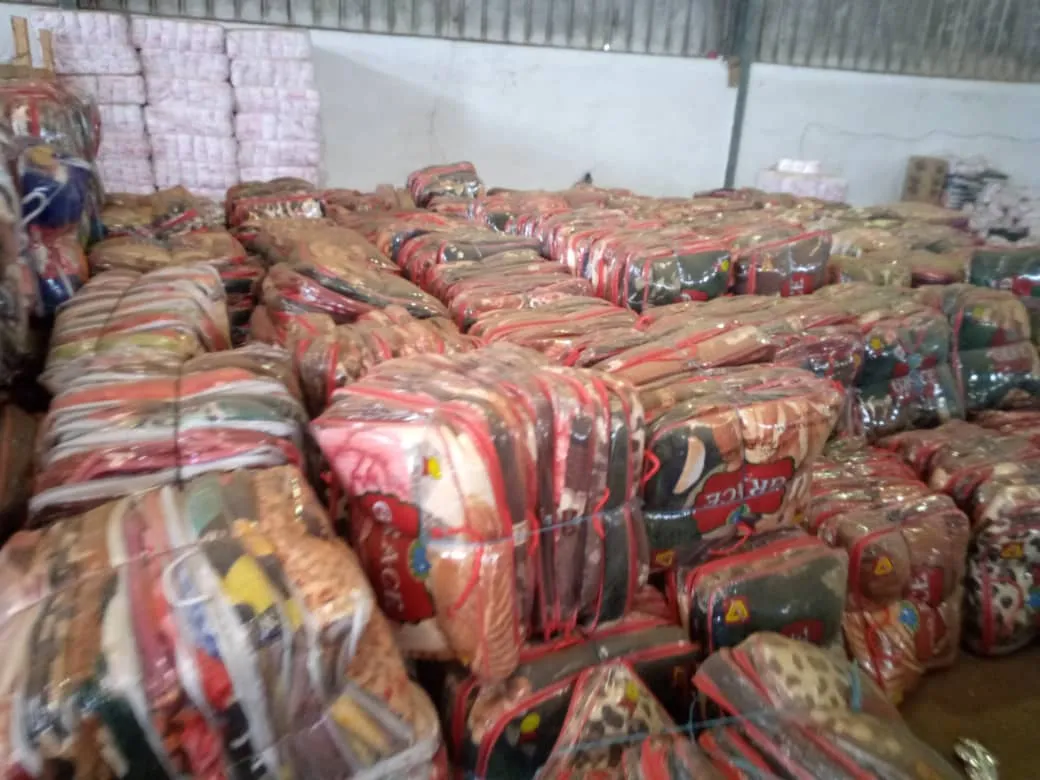An indigene of Dikome Balue village in the South West region, 32-year-old Joel (name changed for security reasons), a trained teacher, is one of thousands of Anglophone Cameroonians who ran into the bushes for safety as a result of the deepening armed conflict that has since enveloped the area.
Like most victims, he had felt he was safe in the comfort of his home but was proven wrong in March 2017 when his village, like hundreds of others, was raided by the soldiers.
He says “there was rampant shooting which caused the death of a popular bike rider commonly known as Neutral”.
The military, he adds, left only after breaking into houses, burning some and exposing what they could not carry in the rain.
While Joel, like other young people who were lucky to make it out of the village alive, ran into the bushes and neighboring villages of Meme Division, a “majority of the old who could not escape gave up the ghost because of hunger”, he says.
Yet, even for they the youth to survive in the bush, Joel says “has been a nightmare, especially when it comes to having food and medication. We were not prepared for what happened, so having what to eat was a big problem”.
The only form of assistance they got, he notes, was “a few bags of rice that our chief sent last year which did not even go round for the 3kg per family”.
“First aid, medications and a nurse that visited the area,” Joel adds, was also sent by Doctors Without Borders to cater for them, “though the area was too vast for her because the people are scattered all over”.
To survive in the dangerous bushes, Joel says they had to employ extraordinary measures.
A snake for example, he says, “is a blessing especially when it is big because we use it for meat”.
Despite these, however, they were still subjected to living under inhumane conditions including unbearable mosquito bites.
In 2018, the government unveiled a 19 million Euro humanitarian plan for the affected regions. This, it said, will enable it reconstruct the damaged villages as well as provide food and basic necessities. Joel says for all his time seeking refuge in the bushes, however, he and others never even heard there was such a plan by government.
“We are surprised when they say they have reached all the displaced people when there are entire administrative units that have not received anything from them … We’ve received not even a grain of rice from them since this crisis started,” he says.
Luckily for him, he did not only survive to tell his story today, but also got a job that is today helping him to have food on his table.
Joel’s mind, however, he says will not be at rest till he knows other youths like him are in comfort.
“The youths of that area, though in low spirit, are struggling to see if they can raise up something to support the people but the population is too much. We will appreciate any form assistance from any where,” he pleads.
Above all, however, Joel says what he wants to see most is “the end of this killing through a frank and inclusive dialogue”.
Mimi Mefo info



